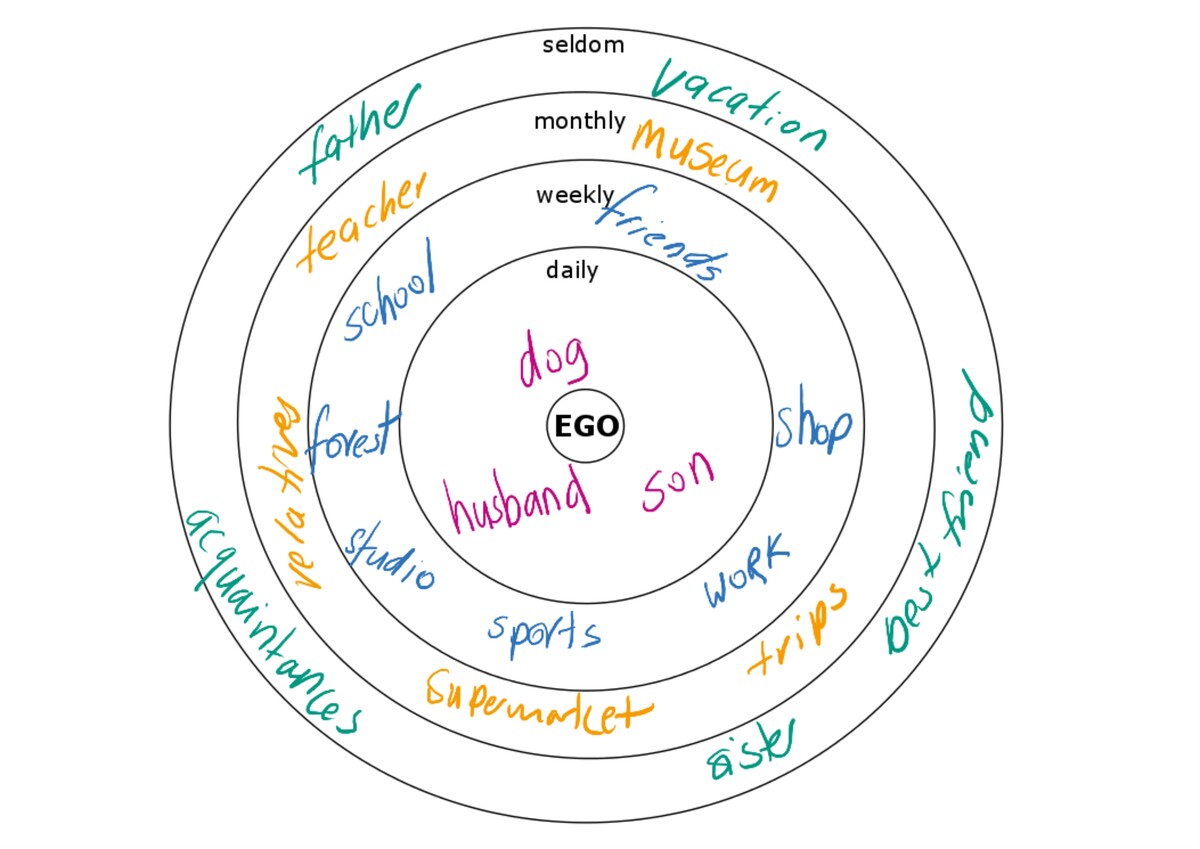Mobility: Doctoral thesis examines importance of social relationships
The transformation of the mobility system cannot succeed through technical measures alone. Rather, it is closely linked to people’s ability to integrate the necessary changes into their everyday lives. This consideration was the starting point for Maike Puhe’s dissertation project, which has now been completed.
“Destination choice decisions” in focus
The ITAS researcher pays particular attention to the question of “destination choice decisions,” i.e., what places people visit in their everyday lives and why. Previous transport demand models in research and practice essentially assume that time and cost optimization are the driving forces in destination choice.
“However, the changes demanded can be an imposition – especially when cherished habits or social relationships are affected,” says the mobility expert. This leads to forecasting tools regularly overestimating the population’s readiness to change. Maike Puhe therefore investigates the importance of social relationships – with friends or family members, but also with the workplace, sports club, or certain supermarkets – in people’s lives and what mobility needs are associated with this.
New conceptual model for the choice of mobility destinations
The researcher incorporates the results of her analysis into a new conceptual model of destination choice. This model takes into account that in people’s lives, besides fundamentally changeable cost- and time-optimizing decisions, there are also unquestioned routine activities that can be associated with high emotional or social significance.
For example, for many people, visiting their parents or attending weekly club training is less changeable than choosing a suitable supermarket. Looking at the need to transform the mobility system, she notes that it is often the distance-intensive or car-dominated relationships that play an important role in people’s lives.
With her research, Maike Puhe hopes to contribute to a better understanding of the stability and variability of mobility patterns, which can also be used in future transport models. (17.08.2023)
Bibliographic data:
Maike Puhe
Stabilität und Variabilität mobilitätsbezogener Alltagshandlungen – eine qualitative soziale Netzwerkanalyse. Karlsruhe: KITopen, 2023. 294 pp.
Full text



